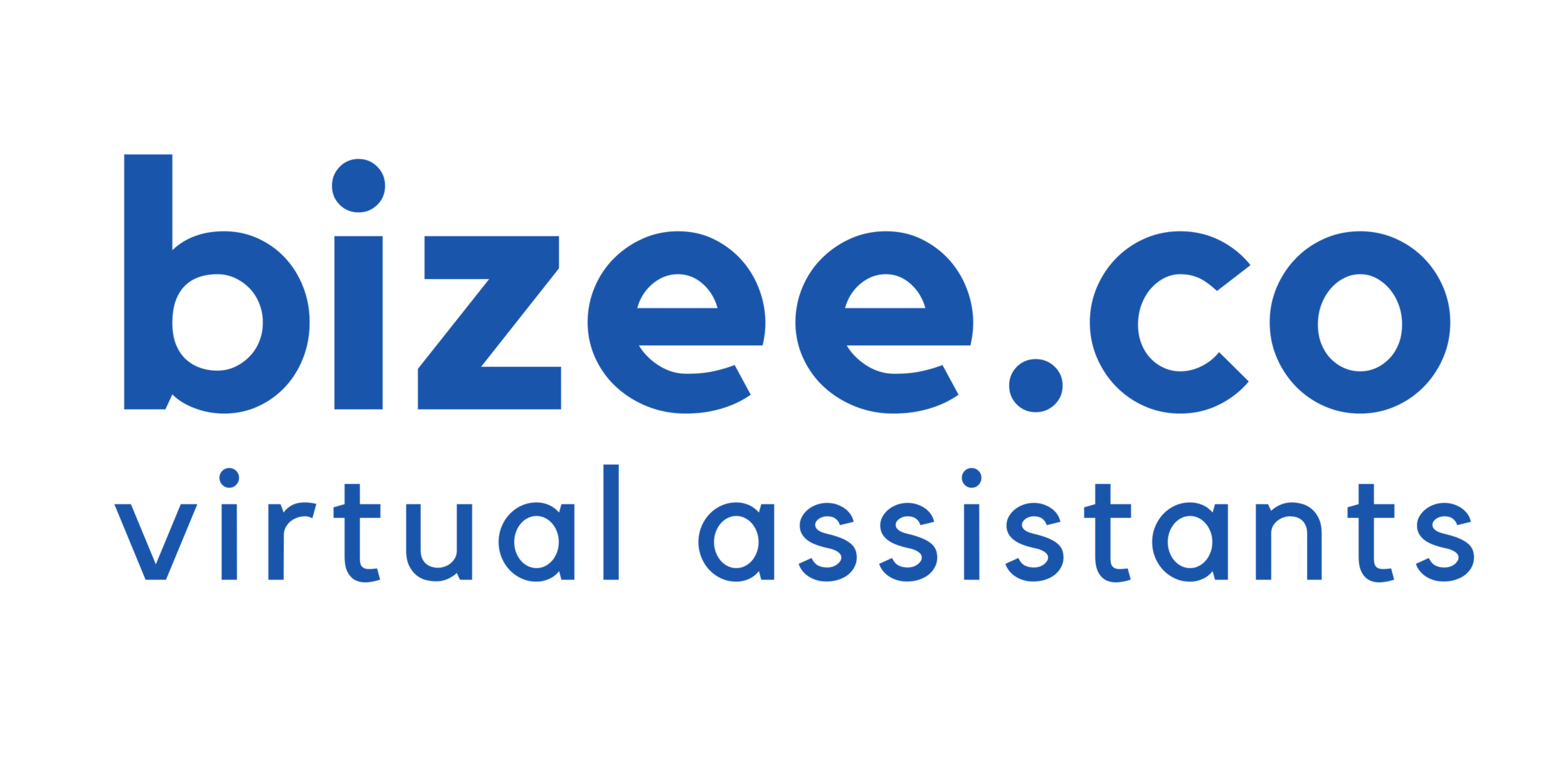Do This Simple Test To Increase Productivity
You are, I am sure, aware of the Pareto Principle. You may have heard it expressed as the 80/20 rule, the Law of the Vital Few or The Principle of Factor Sparsity (thank you Wikipedia) but it is the Pareto Principle.
Essentially it states that; "80% of outcomes come from 20% of inputs”. In other words, approximately 80% of your revenue will come from approximately 20% of your clients.
It has been exhibited to be true in a number of other fields, including time management, whether professional or personal in scope.
Whichever way you look at it - whether as a percentage of your time or your clients - you want to be concentrating on the 20% that brings the greater financial benefit or perhaps in a personal interpretation: the 20% that brings the greater feeling of mental wellbeing.
A Virtual Assistant is an ideal way of farming out that 80% and giving you the space to use all your powers on the 20%; the part you enjoy and excel at.
There is effectively no limit to how you can use a VA. If you are here it is likely you feel you are juggling a number of different projects or tasks within your personal or professional life. A VA can help you focus more clearly by unburdening you of many of these.
From personal administrative tasks that help you to optimize your time and make the most of your daily life, to taking on someone to help run your business, a VA can give you the freedom to really use time more effectively.
A Virtual Assistant is a part time or full time extra pair of hands. Many individuals use a VA to run administrative aspects of their personal or professional lives. This can range from booking travel or finding a cleaner to online shopping or outsourcing aspects of their business like web site maintenance and online marketing.
Here is a simple process to come up with some simple answers.
Firstly you have to define what “profitable” means to you. I am not just talking about commercial enterprises. It could be the areas that make money if you are an entrepreneur or small business owner but “profitable” could equally define that which brings you the greatest happiness in your personal life. By the same token I use the word “unprofitable” not to mean an activity that loses money or shouldn't be done, but one whose outcomes are smaller than the input.
For example; the time it would take me to learn how to format an ebook the way I want it is in no way balanced by the outcome. In a few days, I could probably be pretty good at it, but I do not intend to become a professional ebook formatter, so have I made the most of those few days? It would take a professional three hours to complete the job. Three hours in which I could be doing something profitable, whether it is earning money or doing yoga.
A Simple Test
Decide which aspect of your life you are assessing (personal, work or everything).
Make a list of all the tasks / things you do on a regular basis. Be sure to include everything, even if it isn’t an everyday task.
Make a note of roughly how much time you spend on each.
Now divide them into two piles; profitable and unprofitable. This is a little hard to define but, as I said, it is not an exact science.
Add up the time on each.
Ideally, you should be spending much more time on the profitable ones, but this is rarely the case. Now ask yourself these questions:
How many of the unprofitable tasks are repetitive and easily defined?
Could I be spending more time on the profitable tasks if I outsourced the unprofitable?
This is a little like the Pareto Principle applied to time management and demonstrates how much time could be gained from outsourcing to a virtual assistant, for example. It is also true that you can break down the profitable tasks into their constituent parts to further free up time, but I think this will come naturally once you work with outsourced staff.
SAMPLE:
As an example here is an extract from my own profitability test - it is based on a couple of work projects, not related to bizee.co. This is illustrative; I have not included everything.
Researching Leads / Lead Generation (Unprofitable; Very time consuming and I can define how this is done).
Cold Emailing (Unprofitable; repetitive and time consuming, I can define how this is done).
Following Leads (Profitable; I believe this needs to be very personal and I can make a real difference).
Content Writing (Unprofitable; the benefits are great but it is time consuming and repetitive. I can define and commission this).
Social Media Scheduling (Unprofitable; time consuming and repetitive - there is a large portion of this which can be easily defined).
Site Maintenance (Unprofitable; there is no benefit to my doing this. I can easily explain what is required and assign tasks to people who know better).
Graphics / Images (Unprofitable; the outcomes in no way balance the input. Very time consuming but I can set guidelines on this to ensure high standards).
Blogging (Profitable; this is my voice. The outcomes of doing this myself vastly outweigh any time saving I might get form outsourcing).
Author: Thomas Smallwood is an outsourcing specialist. Having worked in companies around Europe, from the support desk to the boardroom, he founded bizee.co to help small businesses grow through efficient delegation to skilled virtual assistants. He is an award-winning blogger and a passionate advocate for mental health awareness.
Connect with Tom on LinkedIn.



